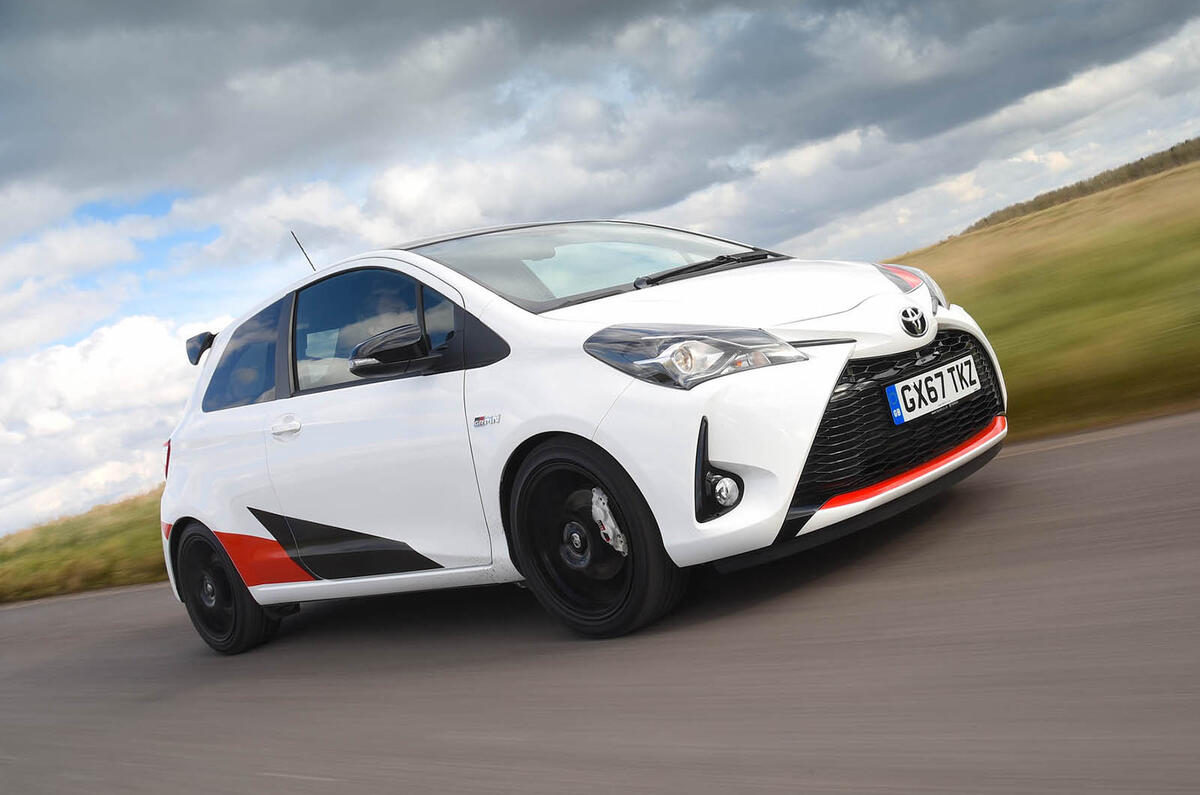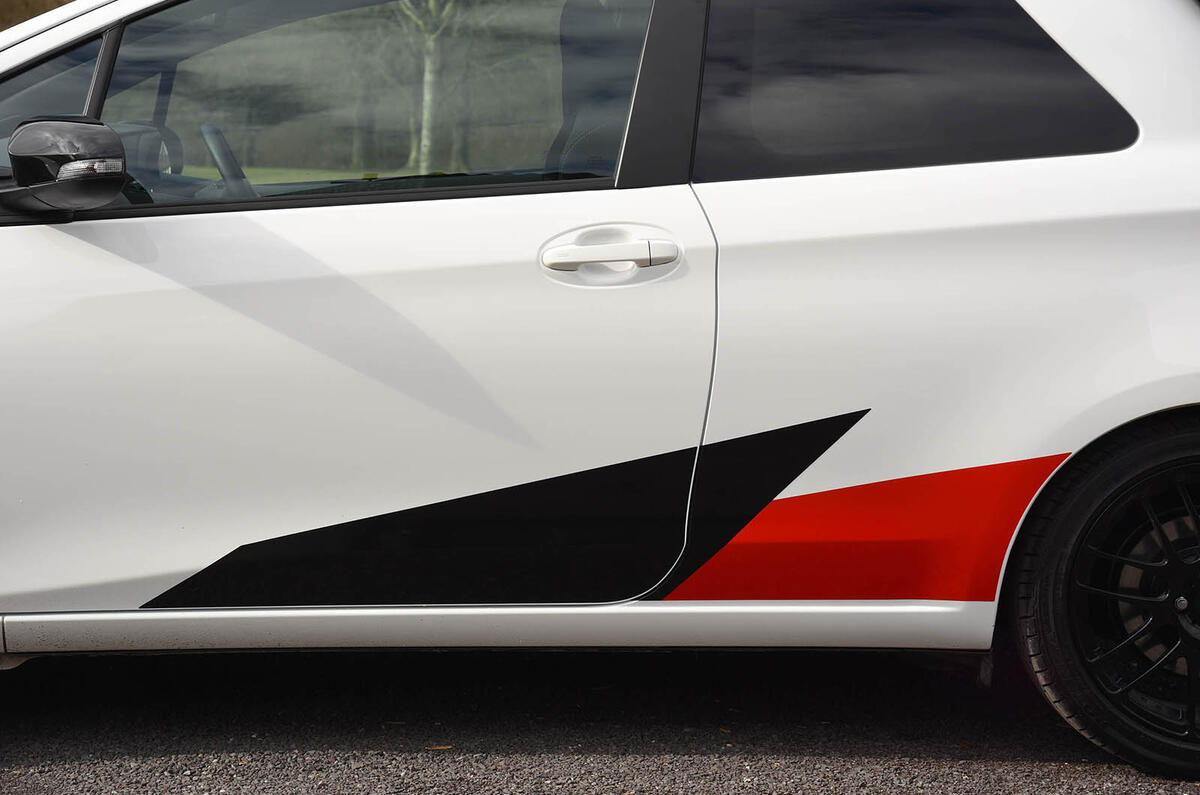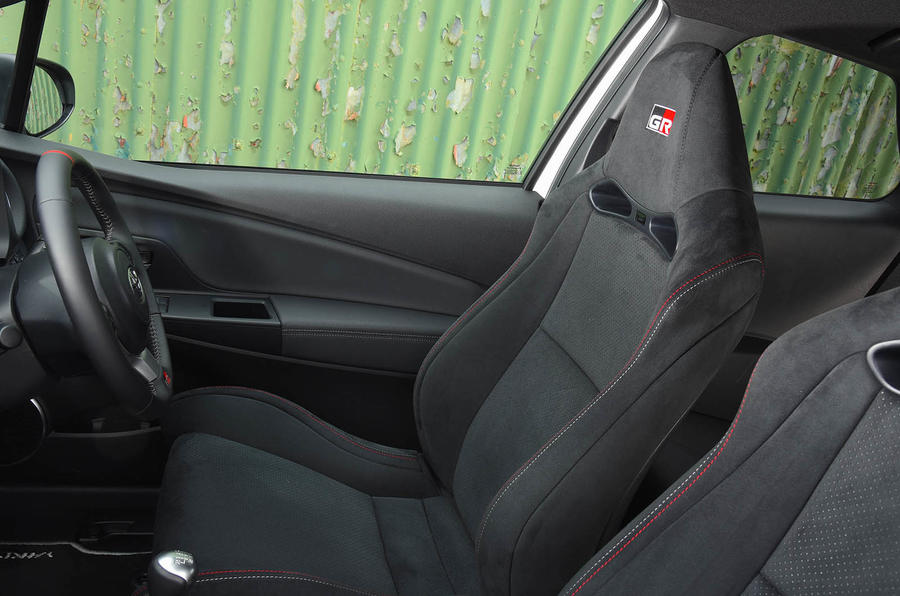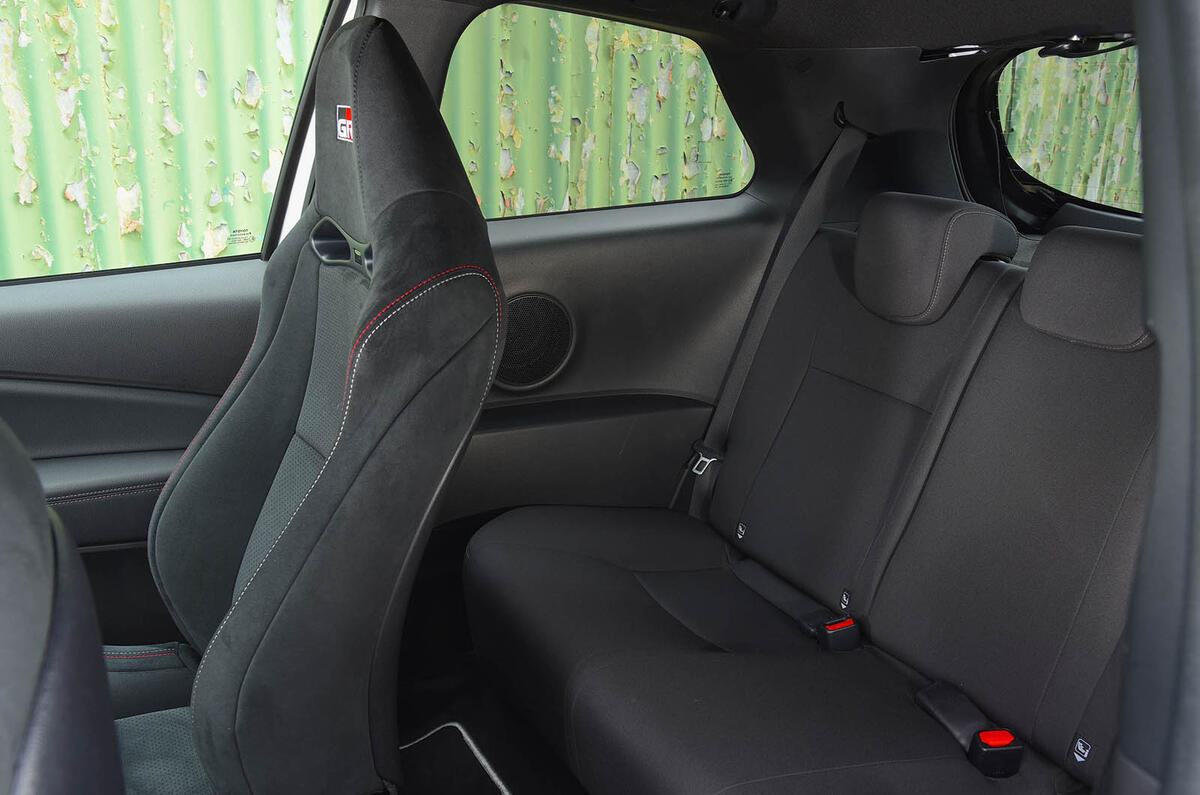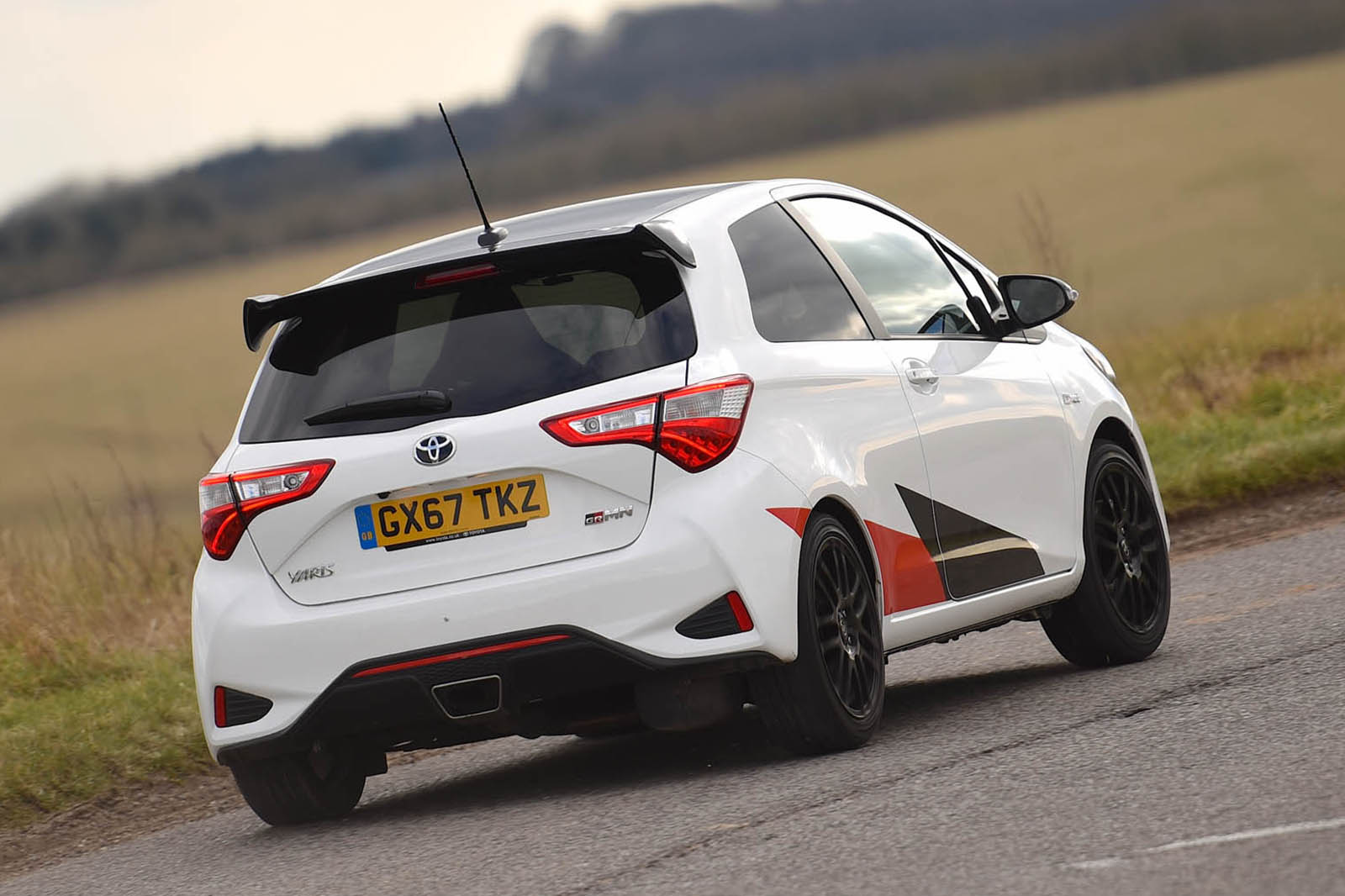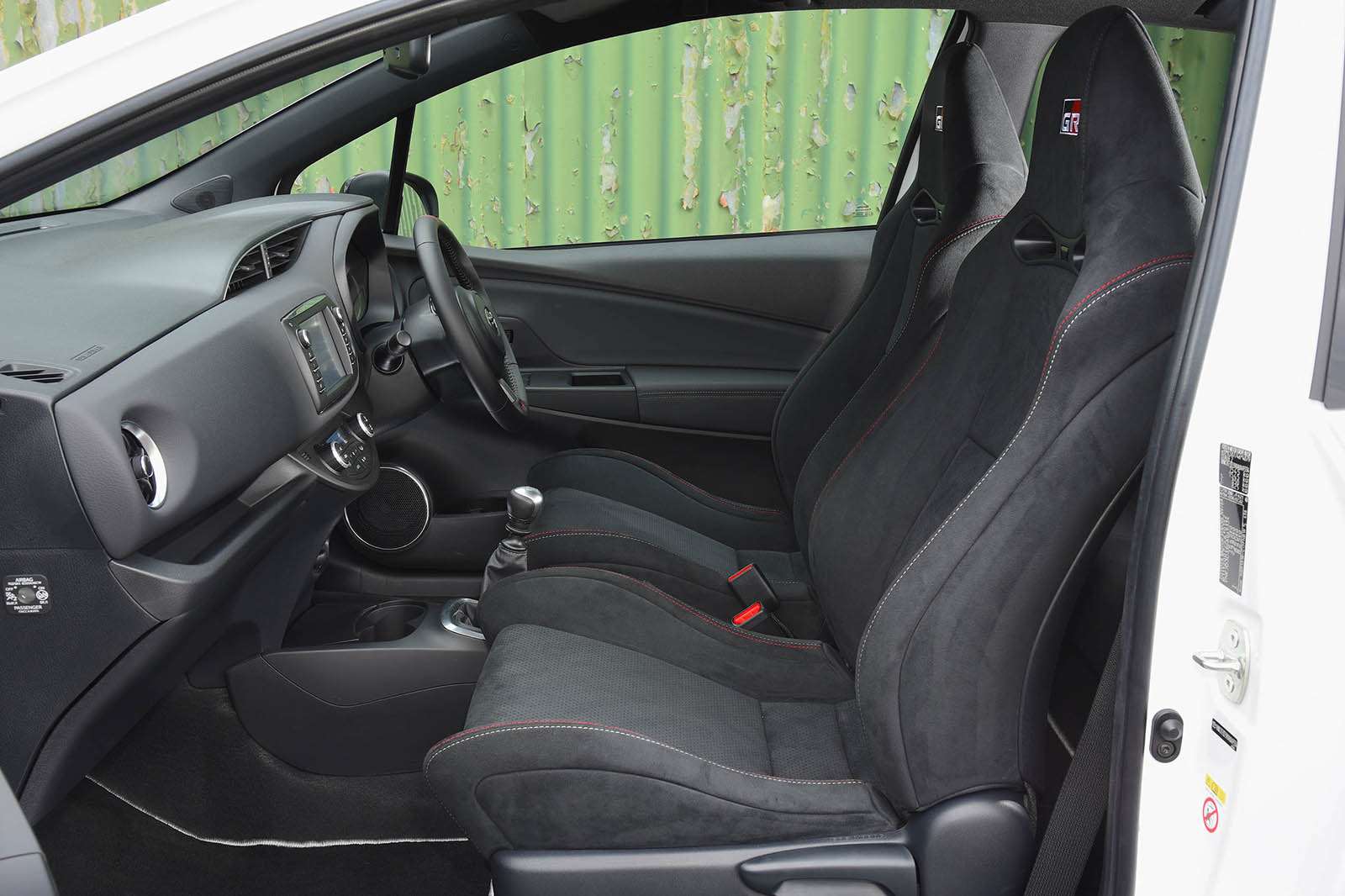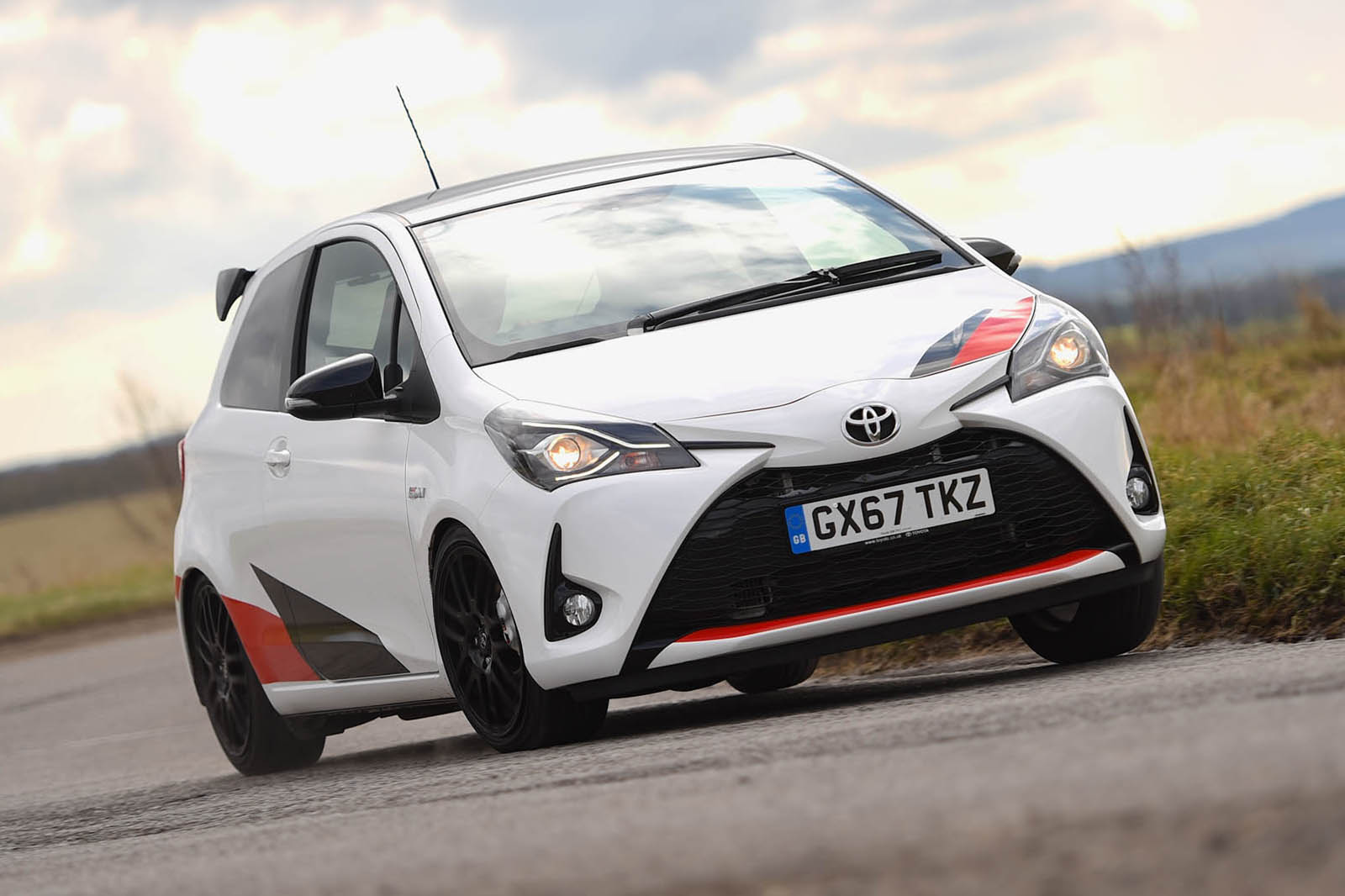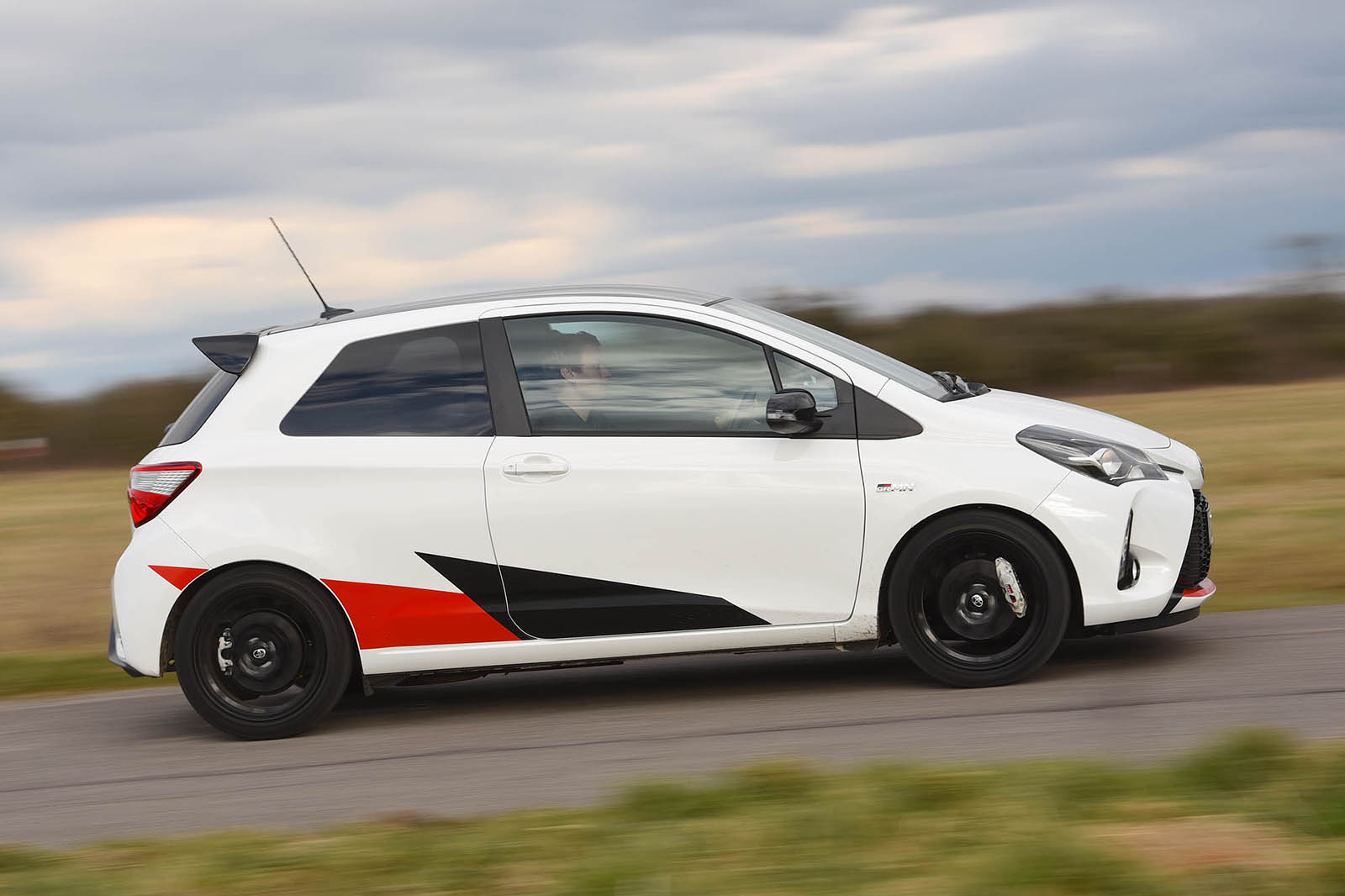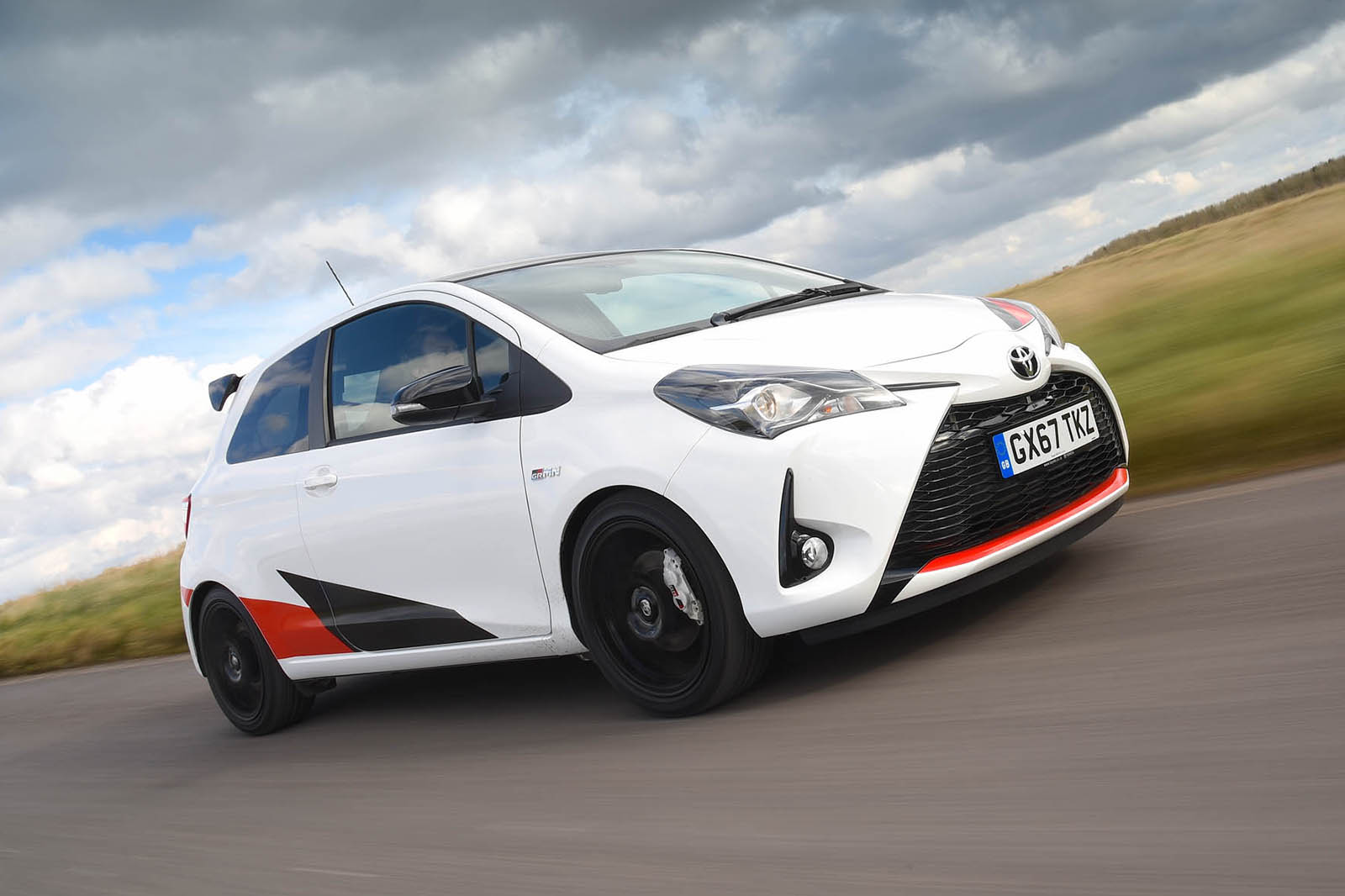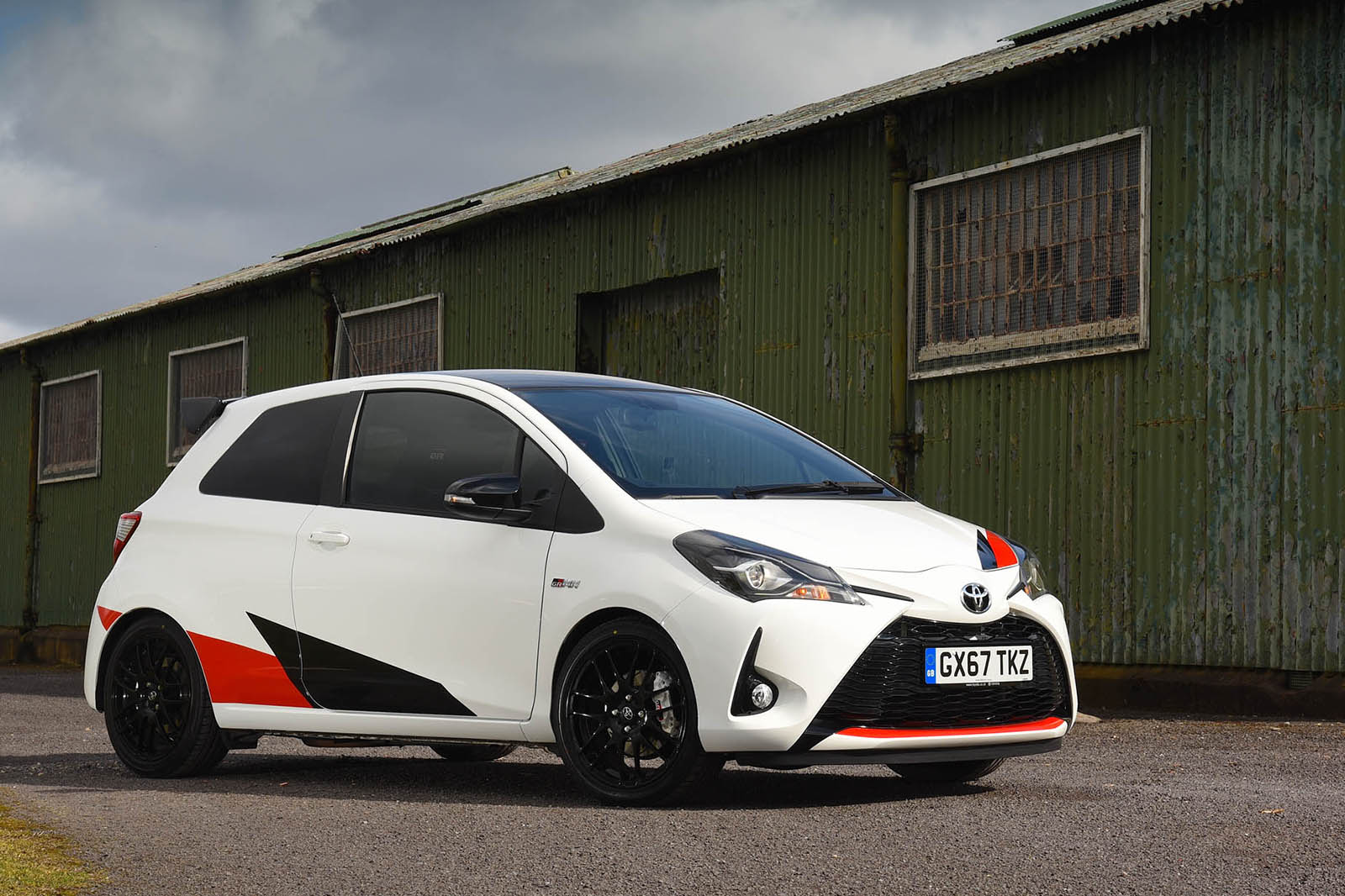'Gazoo Racing tuned by the Meister of Nürburgring'. That’s the rather convoluted meaning of that four-letter initialism affixed to the back of this particular Toyota Yaris – the subject of this week’s road test.
Bit of a mouthful, isn’t it? Say it a couple of times and you’ll soon appreciate why the ‘GRMN’ badging is necessary, even if it doesn’t particularly roll off the tongue 
any more easily.
Motorsport fans will have come across the Gazoo Racing name before. Originally, it was one of a number of in-house racing teams operated by Toyota – running alongside the likes of Toyota Racing and Lexus Racing – and made its debut in the 2007 Nürburgring 24 Hours race with a pair of used Altezzas. However, in 2015, the teams were merged to form Toyota Gazoo Racing, which now competes in both the World Endurance Championship (WEC) and the World Rally Championship (WRC).
This realignment of Toyota’s racing teams is apparently born out of a desire within the company to reposition motorsport as a key element in 
the development of its future 
road cars. Which, from the perspective of keen drivers, 
can only be a good thing.
Regardless of what your thoughts might be on the nomenclature, it’s clear that the Yaris GRMN is a serious car for Toyota – a company whose name hasn’t exactly been a byword for driver excitement or entertainment in recent years. It marks the firm’s return to the hot hatch market and is intended to be a bridge between the rally-winning Yaris WRC car and the humble, standard hatch.



